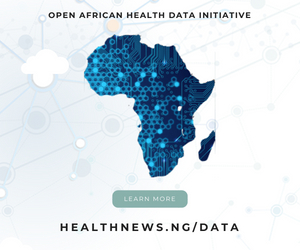Merck Foundation supports Africa through the partnership with Egypt, to build the Cancer Care Capacity in the African Continent; Through this partnership, Merck Foundation aims to provide two-year Medical Oncology Master Degree program for African doctors.
Merck Foundation, the philanthropic arm of Merck Germany partners with Egypt’s National Cancer Institute to provide Master Degree in Medical Oncology for African doctors. This initiative is a part of Merck Foundation’s ‘Merck Cancer Access Program’ that has been initiated by the Merck Foundation to increase the limited number of oncologists across Africa.
Dr. Rasha Kelej, CEO of Merck Foundation emphasized, “We are pleased to announce our partnership with the National Cancer Institute, Egypt, which is considered as the benchmark of Cancer Care in Northern Africa and Middle East. We are committed to improve patient’s access to care. We currently have 5 students from Ghana, Namibia, Liberia and Rwanda, registered with the Master Degree program in Medical Oncology under Merck Cancer Access Program. We plan to expand this program to more African countries like, Sierra Leone, Gambia, Senegal, Uganda and Kenya. We believe that our partnership in Egypt will go a long way and together we can play a vital role in Africa.”
“I strongly believe that building capacity by having trained Oncologists in each African countries is pivotal, since lack of professional skills is the key challenge in Africa and developing countries.” Dr. Rasha Kelej added.
Prof. Abdel-Rahman Zekri, Vice Dean of National Cancer Institute said, “We are pleased to announce our partnership with Merck Foundation to support in building cancer care capacity in rest of African countries. The collaboration in the field of academics will effectively enhance the capabilities to prevent, detect and treat the rising cases of cancer in these countries.”
Prof. Dr. Hatem Ahmed Aboulkassem, Dean of National Cancer Institute emphasized, “The scarcity of trained healthcare personnel capable of tackling prevention, early diagnosis and management of cancer is a bigger challenge, and therefore, this partnership will prove to be very beneficial for many African countries”.
















